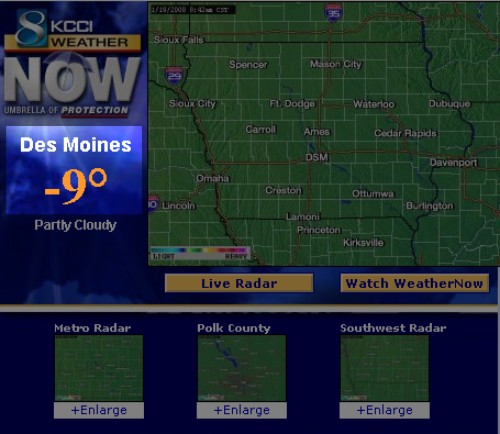 I remember back in college, I took a Georgaphy class. My instructor asked us, "What is the single reason for all weather?" He stumped us and we gave him no answer. After a significant pause, he asked again, "What is the single reason that we have wind, rain, snow, drought, tornadoes, and balmy days?" Pause again. "Give up?" We nodded sheepishly... "The sun," he announced. A student raised his hand and said incredulously, "The sun causes rain." "Of course, it does," our instructor replied. "You've heard of the water cycle? How do you think water rises into the sky for it to fall again? The sun heats it." "But what about snow? The sun doesn't make it cold," the student countered. "Without the sun, the earth would be colder than we can imagine. The sun doesn't make it cold; the sun warms half of the earth every 24 hours. When it snows, the sun just hasn't warmed the earth enough to cause rain, and so we get snow." "Well then, how does the sun cause wind?" another student queried. "Why do we have wind? Wind occurs because air moves from high pressure to low pressure. So why do we have bubbles of various pressures? The same reason that we have areas of warmth and areas of cold: heat from the sun. What happens when air is warmed? It expands. And when it cools? It contracts. High pressure, low pressure. That's why the sun causes wind." That day I learned that all weather spawns from warming by the sun. I also learned in that class that the earth goes through periods of cooling and warming, called Glacials and Interglacials. The last Interglacial, called the Eemian, occurred over 100,000 years ago. The warmest peak of the Eemian was around 125,000 years ago, when forests reached as far north as North Cape (which is now tundra) in northern Norway well above the Arctic Circle. We're currently in a warming cycle called Holocene. I know that it's not yet as warm as it was during the Eemian period, so in all likelihood, it will get warmer yet - with or without man's help.Why is it getting warmer? Because it's the natural cycle of the earth. Is man contributing to the warming trend? That's open for debate. Today, it's nine below where I live. We're enjoying a healthy dose of snow this winter. It's a quite normal season for Iowa. And this weather today came courtesy of the warming of the sun, as it always does. |